The word democracy has its origins in the Greek language, combines the expressions “demons” meaning thereby that whole citizen living within a particular city state and “Kratos” i.e. meaning power to rule. A liberal democracy that is, one (that champions the development and well being of the individual) is organized in such a way as to define and limit the power so as to promote legitimate government within a frame work of justice and freedom. The critical elements to the democratic frame work are legitimacy; justice; freedom; and power. In crux a democracy in true sense can be understood being a society in which the citizens are sovereign and control the Government. In following such footsteps, the Constituent Assembly of India, being too public representative body of India, had during special session held during the intervening night of 14/15 August 1947 had upon attainment of freedom with the stuck of twelve night assumed the sovereign powers i.e. the people of free India.
For a strong vibrant democratic government, it is necessary to have a parliamentary system which involves both majority as well as minority, so that there may be a full flaged debate on controversial issues on the floor of the Houses. This is best achieved by the party system as held by the Apex Court in Rama Kant Pandey V UOI (AIR 1993SC 1766)
The Politicial Justice which relates to the principle of rights of the people i.e. the right to universal justice, the right to democratic form of Government and the right to participation in political affairs. The Constitution of India although protects the political justice i.e. equality of treatment and absence of discrimination and arbitrariness in political sphere; which do fully agree with the international charters so adopted periodically.
The objectives of the Constituent Assembly of India so resolved with dream of free Indian sovereign republic in its resolution dated 13th December so adopted on the 22nd January 1947 worth reproduction as ;
- “This Constituent Assembly declares its firm and solemn resolve to proclaim India as an Independent Sovereign Republic and to draw up for her future governance a Constitution;
- Where in the territories that now comprise British India, the territories that now form the Indian States, and such other parts of India as are outside British India and the states as well as such other territories as are willing to be constituted into the Independent Sovereign India shall be a Union of them ; and
- Wherein the territories, whether their present boundaries or which such others as may be determined by the Constituent Assembly and thereafter according to the law of the Constitution, shall posses and exercise all powers and retain the status of autonomous units, together with residuary powers and functions of the Government and administration, save and except such powers and functions as are vested in or assigned to the Union, or as are inherent or implied in the Union or resulting there from ; and
- Wherein all power and authority of the soverign Independent India, its Constituent parts and organs of Government, are derived from the people ; and
- Wherein shall be guaranteed and secured to all the people of India Justice, social, economic and political equality of status, of opportunity, and before the law, freedom of thought, expression, belief, faith , worship, vocation, association, and action, subject to law and public morality ; and
- Wherein adequare safeguards shall be provided for minorities, backward and tribal areas and depressed and other backward classes ; and
- Wherein shall be maintained the integrity of the territory of the Republic and its sovereign rights on land, sea, air, according to justice and the law of civilized nations; and this ancient land attains its rightful and honoured place in the world and make its full and willing contribution to the promotion of world peace and welfare of mankind.”
All the resolved objectives of free democratic India were dashed to grounds in Jammu and Kashmir when the powers of the Election Commission of India were strangulated under the guise of Article 370 of the Constitution of India, more particularly when the Jurisdiction of the Election Commission was not extended but in contrary to it, Election Committee of the State Administration under the aegis of Sheikh Mohammad Abdullah initially succeeded in allocation of 43 seats of Legislative Assembly for Kashmir Province but, in case of Jammu province only 30 seats despite holding a population of 14,58,548 in 1951 as per concus report, 2 seats for Ladakh and remaining reserved 25 seats for the people of Jammu and Kashmir of the area illegally occupied by Pakistan, despite of the fact that the population of such area was ranging between 7 to 8 lakhs. Such reservation of seats for POJK could not be more than 17 seats. It is not enough, the local election machinery of the State also outrighly rejected the nomination papers of the rival political party based in Jammu region mainly (Praja Parishad) whose 59 candidates had filed nomination papers out ofwhich 41 stood outrightly rejected without assigning any reason. The matter of such fraud and deceit during the elections for the year 1951 was reported to the then President (Dr. Rajindra Prasad) of India by the then President of All Jammu and Kashmir Praja Parishad, Pt. Prem Nath Dogra by means of his memorandum dated June 19,1952 but of no avail.
One cannot hesitate to further focus on the fraud with the democracy by the then Sheikh Mohammad Abdullah at the behest of the then Senior Cabinet Minister of Indian Government (Pt. Nehru) in the year 1949 manage to get nominated four members from Jammu and Kashmir in by-passing the democratical institution of Jammu and Kashmir called Praja Sabha said nominated members were all National Conference members namely Sheikh Mohammad Abdullah, Mirza Afzal Beg, Moulana Mohammad Sayeed Masoodi and Moti Ram Baigra to represent the state of Jammu and Kashmir, in the Constituent Assembly of India.Accordingly they also took oath in the said Constitution making sovereign body of India on 16th June 1949. The shocking state of such anarchism shall further expose when three members as aforesaid, namely Mirza Afzal Begh, Molana Mohammad Sayeed Massodi and Moti Ram Baigra figure in the group photo of the Constituent Asembly members of India snapped on 30th April 1949 i.e. even 2 months prior to the date of the oath so taken by them. All that is on record of the Indian Constituent Assembly debates. Which unlids the gimmick so played by the Sheikh Mohammad Abdullah in subverting the very process of democracy besides committing a fraud with the sovereign authority of free India so declared during the special session conducted during the intervening night of 14/15th August 1947.
The State has also remained deprived of the proper conduct of delimitation of State besides allocation of adequate number of seats both in the State Legislature as well as in the both Houses of the Parliament of which the people of Jammu region have remained more particularly deprived of and harshly discriminated.
A sigh of relief has breathed after the introduction of the Constitution (Application to Jammu and Kashmir) order 2019 dated 5th August 2019 there by extending the all provision of the Constitution of India, including all affected amendments update to the state of Jammu and Kashmir besides introduction of the Jammu and Kashmir Reorganisation Act 2019 (34 of 2019) effective from 31-10-2019, thereby paving a way of Constitution of an independent Delimitation Commission in terms of Section 3 of the Delimitation Act of 2002 (Act 33 of 2002) read with provisions of the Jammu and Kashmir Reorganisation Act 2019. Finally the Delimitation Commission stands constituted on 6th May 2020. The people of Jammu and Kashmir now are eagerly in hope of justice within the frame work of Constitution of India read with the Representation of People Act 1950, the Jammu and Kashmir Reorganisation Act 2019 and the Delimitation Act 2002 (Act 33 of 2002), and undoing all political wrongs committed in the dispensation of justice to all section of society fairly and justiciably.
I am grateful to all resource person and the persons of knowledge and experience more particularly Viney Mahajan of Udaipur, who has extended extraordinary support in computerizing this work of purely technical nature well in time with a short notice.

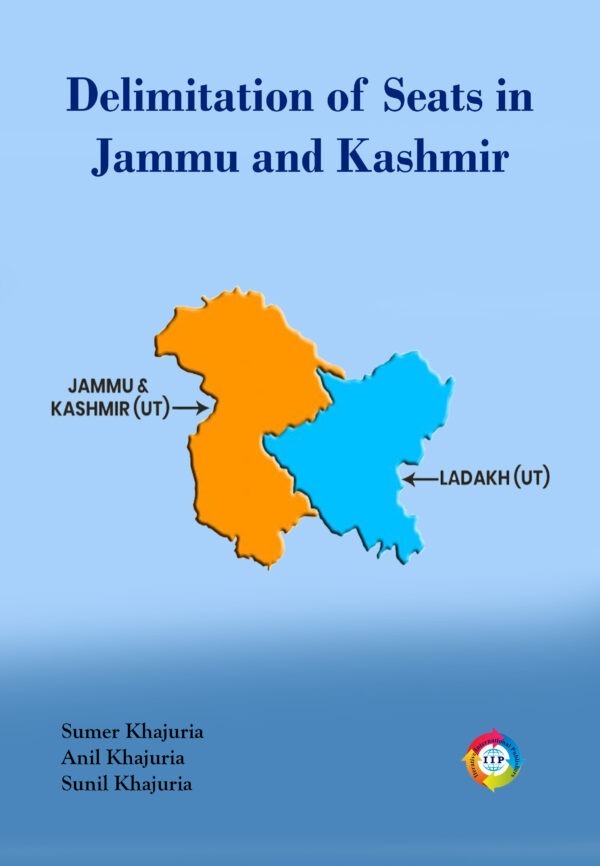
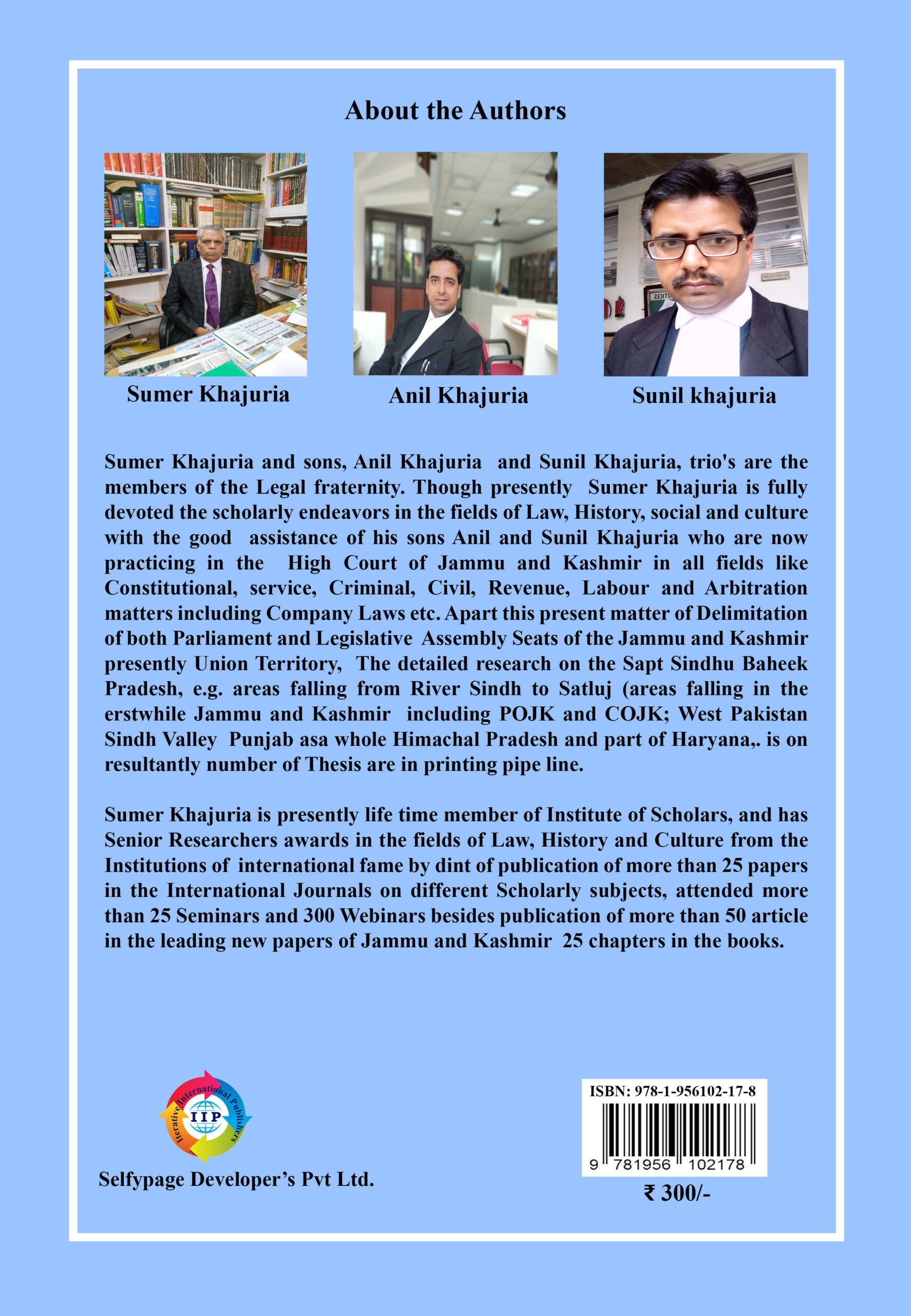
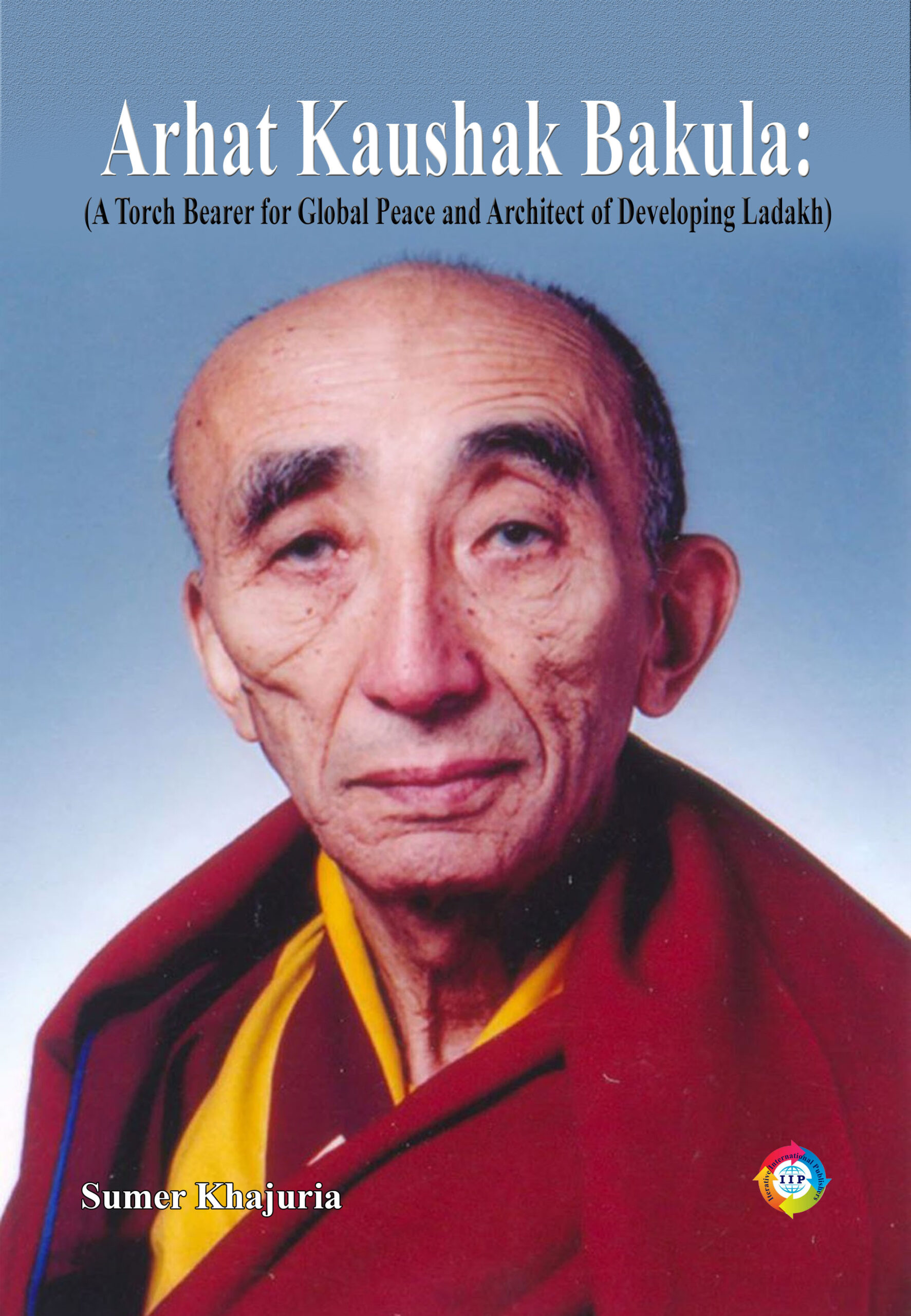
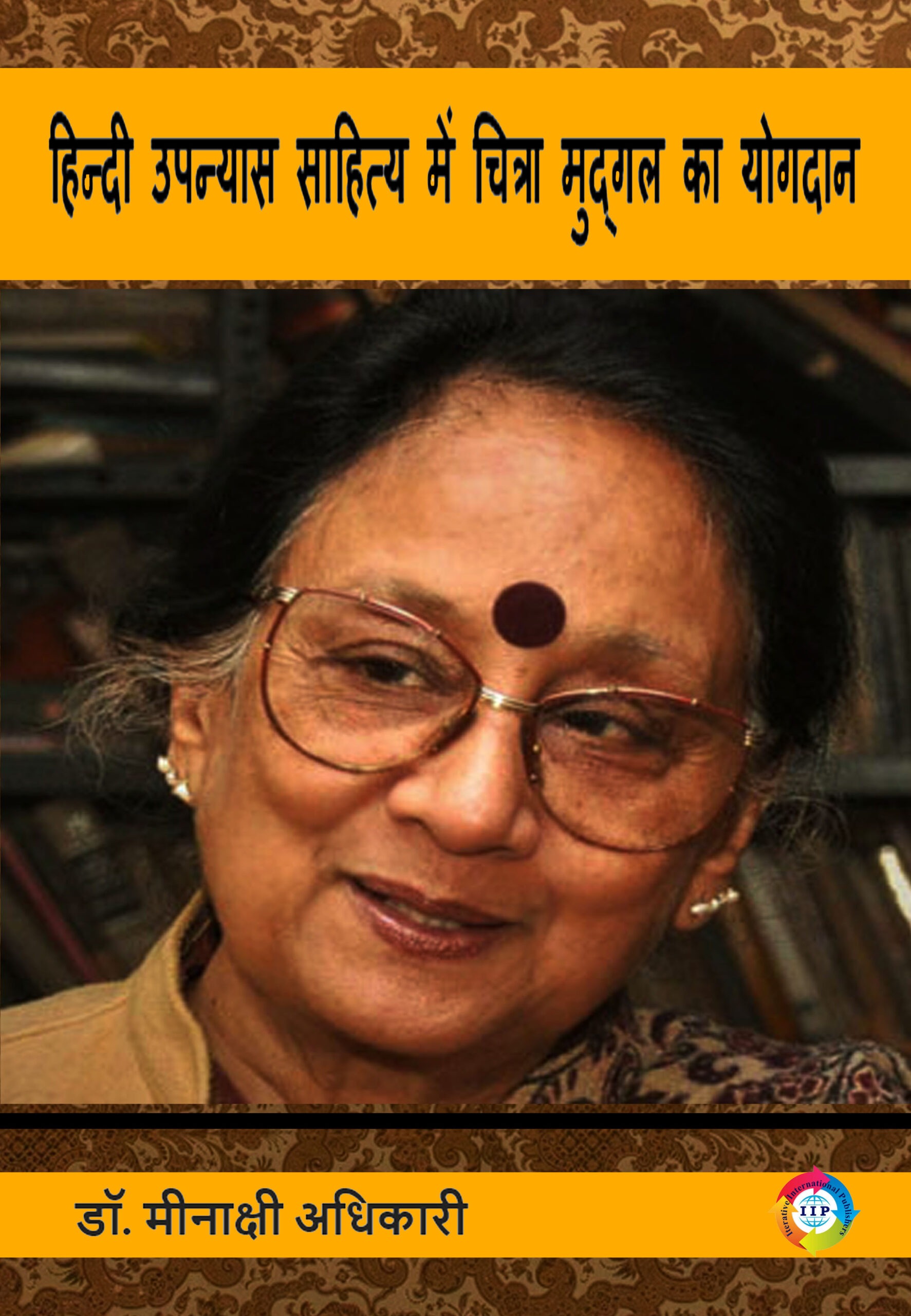
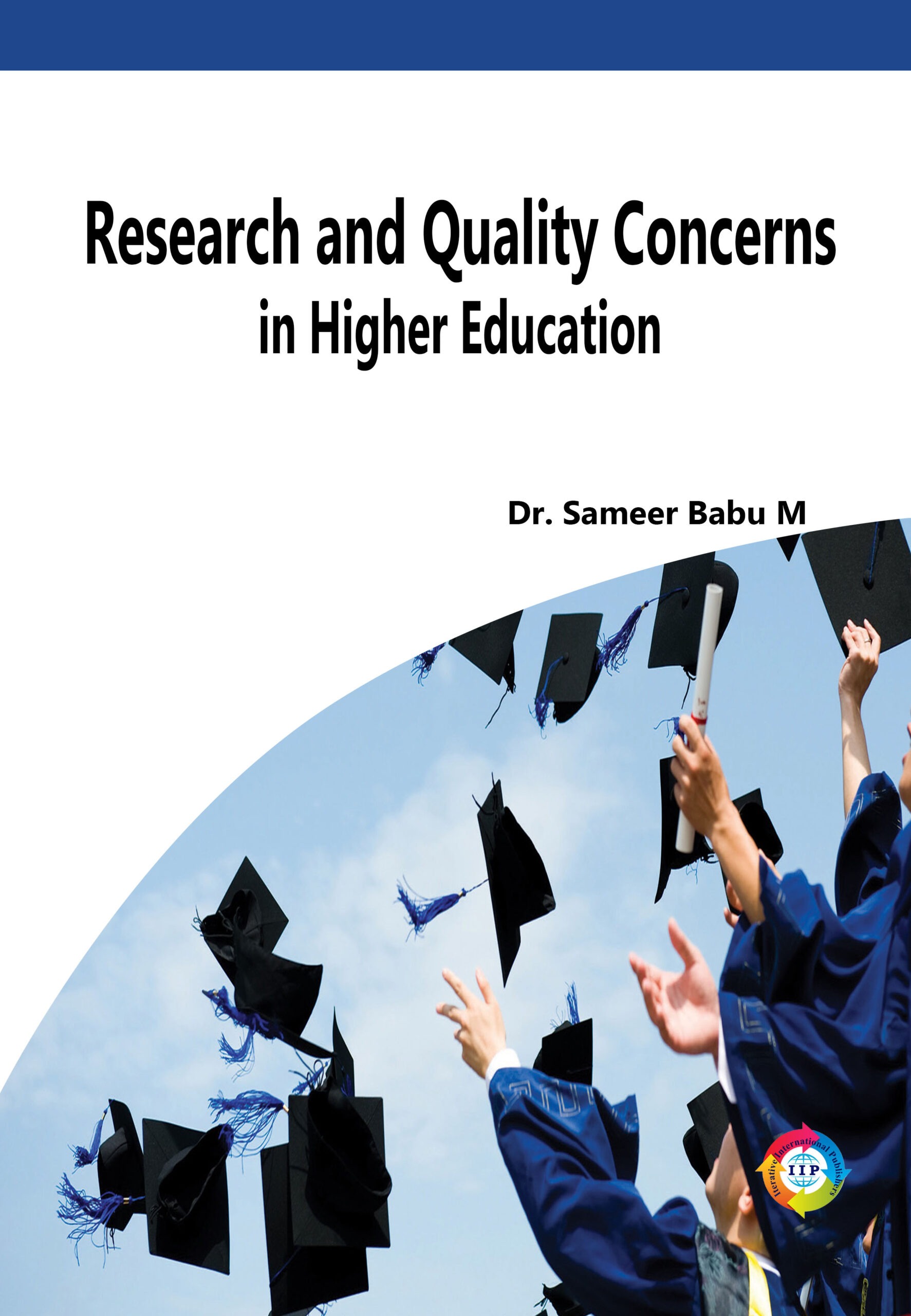
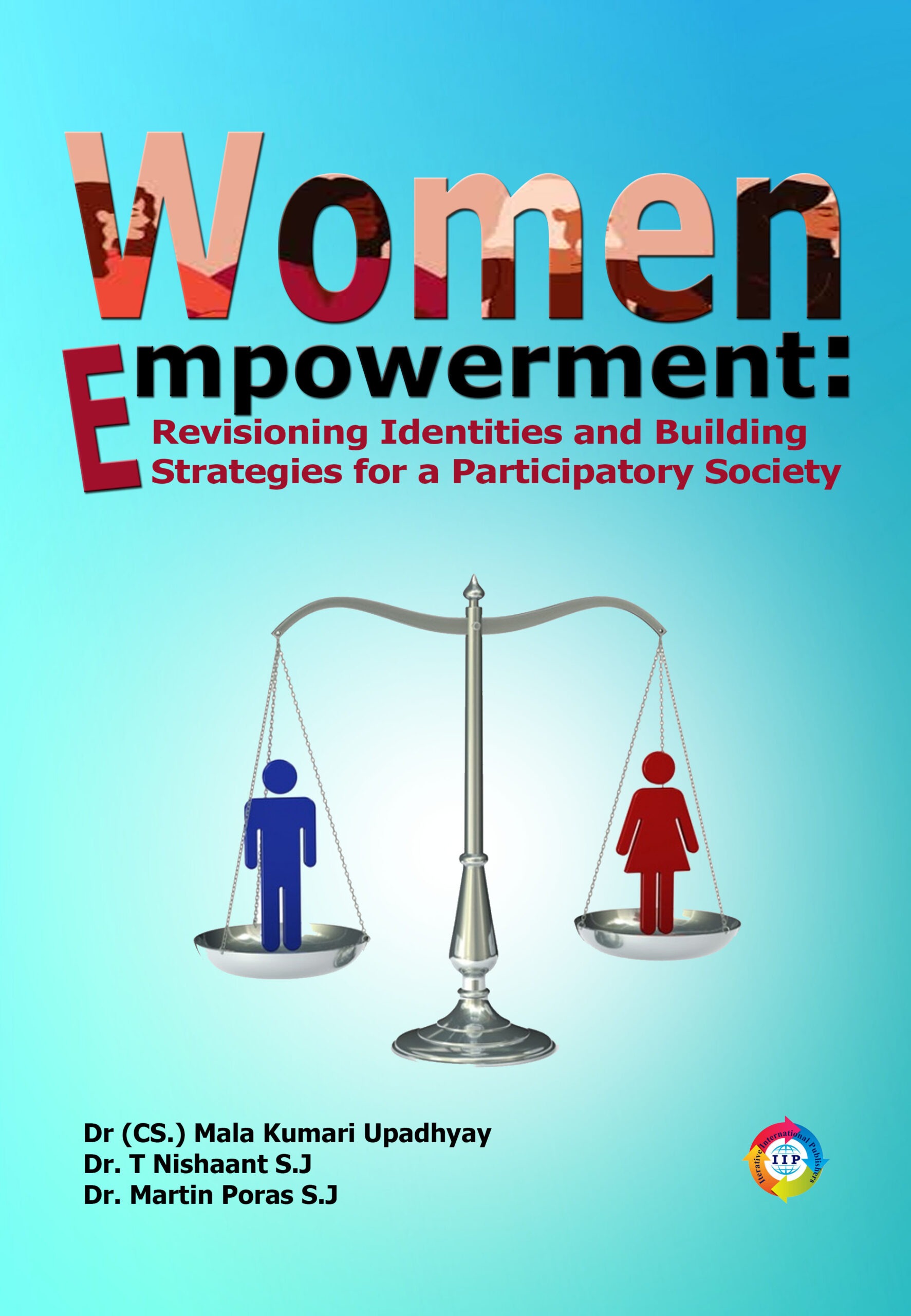
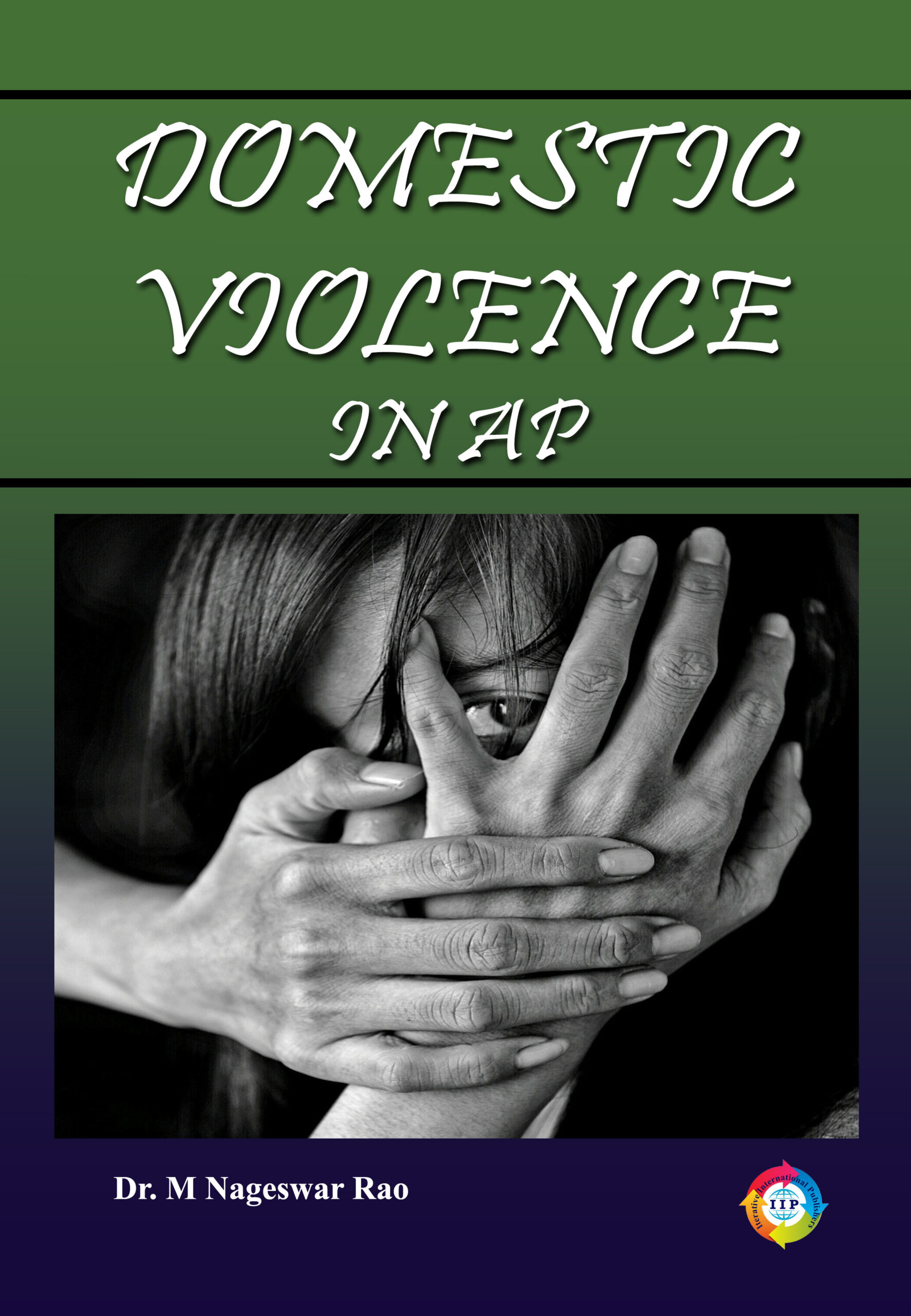
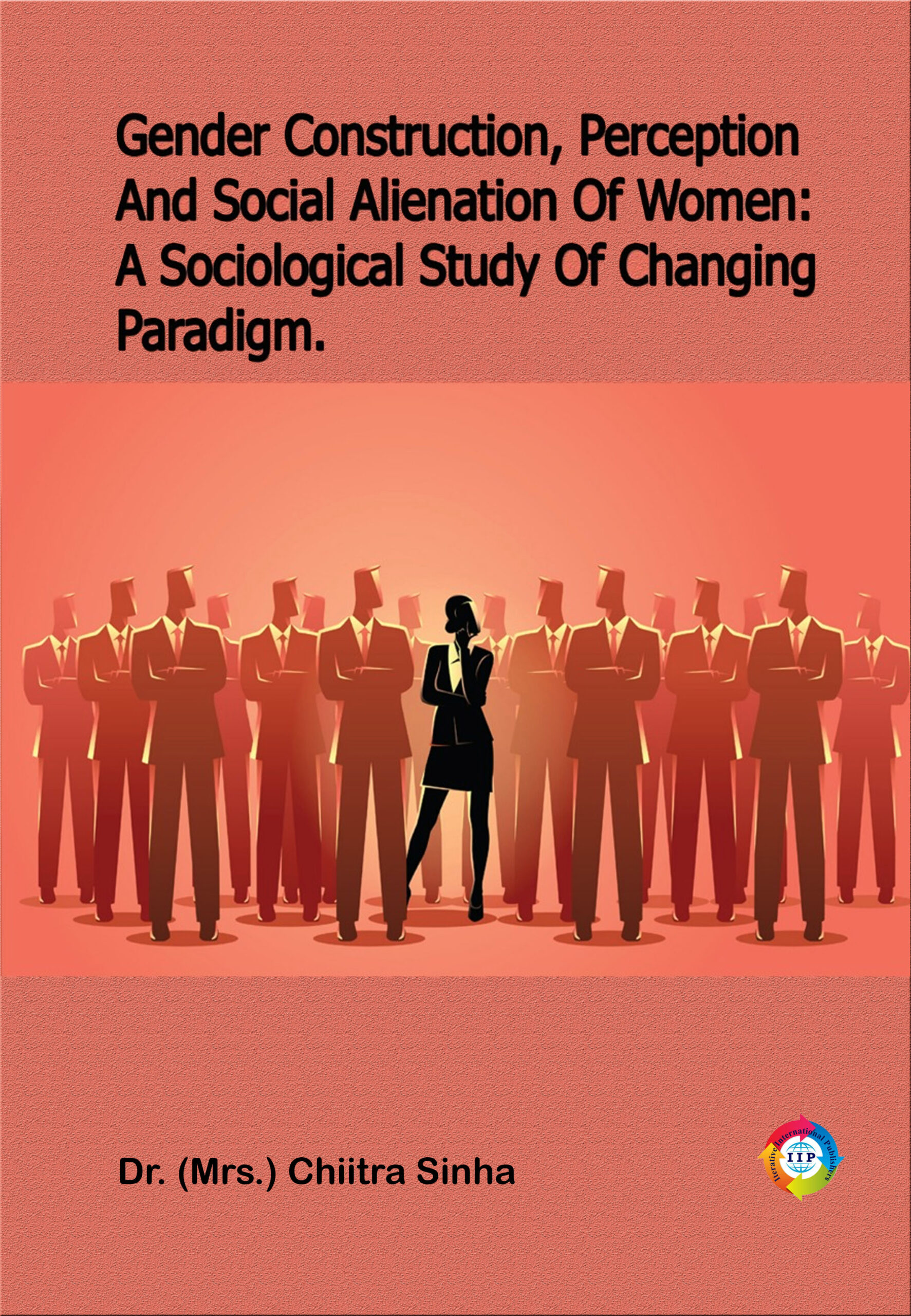
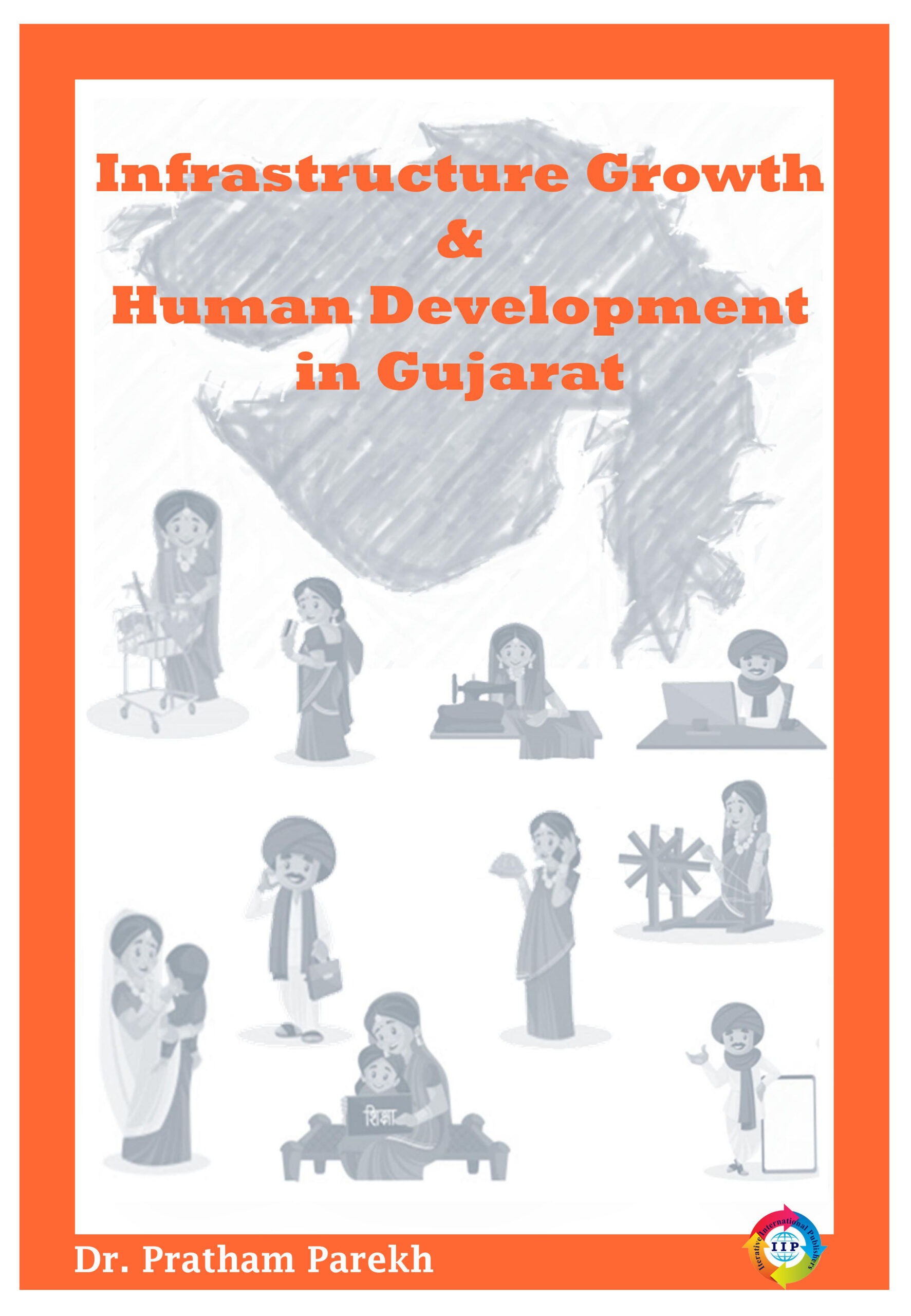
Reviews
There are no reviews yet.